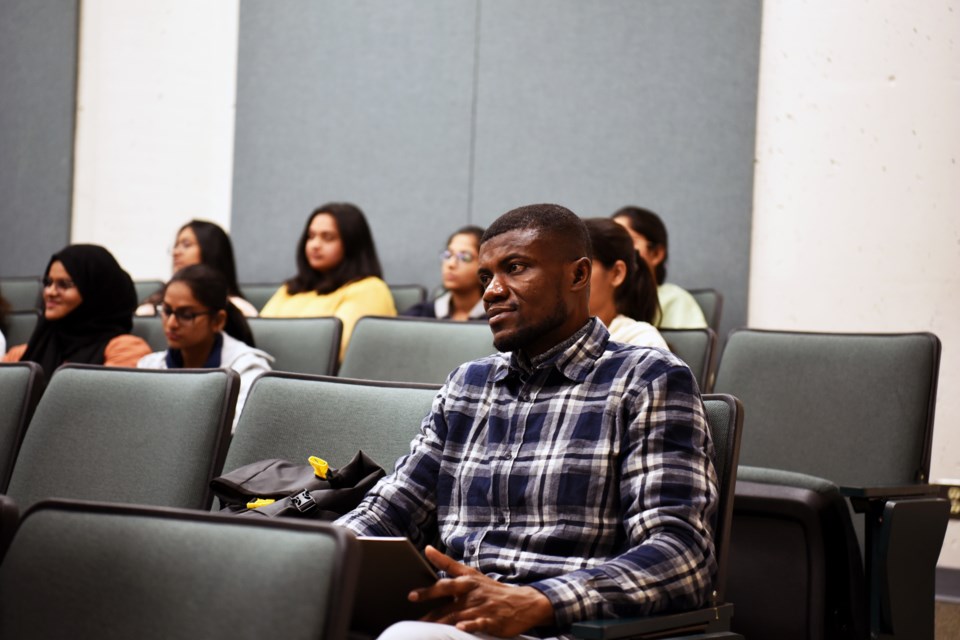Federal changes announced Monday by Immigration Minister Marc Miller will likely result in fewer international students coming to study in Prince George at the University of Northern B.C. and the College of New Caledonia.
Motivated by housing shortages and pressure on the health care system, Canada is capping international student numbers by 35 per cent for the next two years, from the current 554,000 to 360,000.
UNBC president Geoff Payne said the cutbacks are aimed at undergraduate international students, who make up about 20 per cent of UNBC’s student population.
“For us up at UNBC, international students are of big importance to our institution and this particular directive from the federal government is focused on undergraduate students, of which UNBC has just under 300 international students,” said Payne. “Graduate students are not impacted by this cap whatsoever.
“This also only affects new students coming to UNBC and coming to Canada, so if you’re already an existing international undergraduate student at UNBC with an already-approved visa you’re not affected at all. With this being new students and focused on undergrads, I’m not at all worried.”
At CNC, 40 per cent of the college’s 2,800 full-time equivalent students (FTE) come from outside Canada’s borders and the new restrictions could have a damaging effect on the college’s finances.
“We knew there were some changes coming and we don’t have all the details,” said Shelley Carter-Rose, CNC’s vice-president of student affairs.
The national application intake cap will be applied differently to each province or territory and the allocated portion of the total international student permits will be based on population. Provinces whose international student numbers have grown the most will face the greatest reductions.
Until the allocation numbers are determined by the province, none of the B.C. 22 publicly-funded universities or colleges will know how many internationals they can accept.
“We don’t know what the impact will be until we hear our numbers,” said Carter-Rose.
“It’s hard to predict, but I think we’ve done some quality work at CNC and we have an international plan. We’re setting our enrolment targets and trying to diversify our markets, so we’re hoping they will see all the good work that we do and all the good programming that we do in terms of academics.
“The majority of international students in B.C. are in the Lower Mainland and the government has been trying to map up student graduates, including internationals, to labour market needs. So we hope all of those things will be factored into the decision making. They haven’t totally got that criteria set yet, this is news they got on Friday.”
Carter-Rose said there are about 1,400 international students currently enrolled in CNC programs. In 2022-23, students from 44 countries attended the college’s programs. Typically, tuition fees for international students at CNC are three times what domestic students pay.
The gap between domestic and international tuition fees is even wider at UNBC.
In undergraduate programs, foreign students pay $825.70 per credit hour while domestic students pay $195.72 per credit hour. In graduate programs international students pay $2,548 per semester, while domestic students pay $1,820 per semester.
The new rules announced Monday won’t apply to elementary/secondary school students.
Students coming to Canada from other countries will need to show proof they have at least $20,635 over and above the cost of tuition, double the $10,000 they currently require for approval of a student visa.
“We want to make sure the students that are coming her are well-supported, which they will be,” said Payne, “We need international students. They’re important to our community as well as to our institution.”



